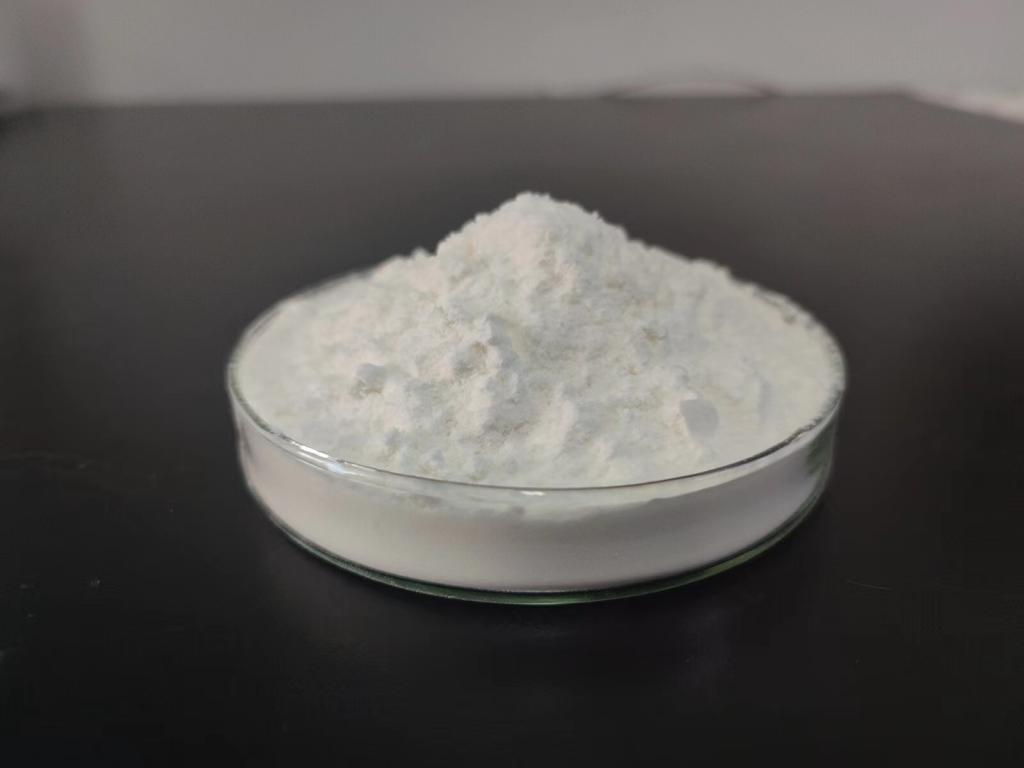Tel:+8618231198596

News
 CONTACT
CONTACT
 CONTACT
CONTACT
- Linkman:Linda Yao
- Tel: +8618231198596
- Email:linda.yao@dcpharma.cn
- Linkman:CHARLES.WANG
- Department:Overseas
- Tel: 0086 0311-85537378 0086 0311-85539701
News
ε-Polylysine hydrochloride's potential in preserving the safety of frozen fruits and vegetables.
TIME:2023-08-11
Introduction:
Frozen fruits and vegetables have become integral components of modern diets, offering convenience, nutrition, and versatility. However, the safety and quality of frozen produce can be compromised by microbial contamination and enzymatic activity. Ensuring the safety of frozen fruits and vegetables during storage and distribution is crucial to prevent foodborne illnesses and maintain consumer trust. ε-Polylysine hydrochloride (ε-PL), a natural antimicrobial agent, presents an innovative solution to address these challenges and enhance the safety of frozen produce.
Challenges in Frozen Produce Safety:
Frozen fruits and vegetables are susceptible to microbial contamination and enzymatic deterioration, even at sub-zero temperatures. Microorganisms can survive and proliferate in frozen environments, leading to potential foodborne illnesses upon consumption. Moreover, enzymes present in produce can remain active during freezing, causing textural changes and nutrient degradation. These challenges necessitate effective preservation strategies to maintain the safety and quality of frozen produce.
Mechanisms and Benefits of ε-Polylysine Hydrochloride:
ε-Polylysine hydrochloride's antimicrobial properties arise from its disruption of microbial cell membranes and interference with essential cellular processes. Its cationic nature enables it to target a wide range of microorganisms, including bacteria, yeasts, and molds. Additionally, ε-PL's compatibility with various food matrices and its heat stability make it an ideal candidate for preserving the safety of frozen fruits and vegetables.
Efficacy of ε-Polylysine Hydrochloride in Frozen Produce Safety:
Research has demonstrated the efficacy of ε-PL in safeguarding frozen fruits and vegetables from microbial contamination and enzymatic degradation. In frozen fruits, ε-PL treatments have been shown to inhibit the growth of spoilage microorganisms and prevent enzymatic browning, thereby preserving color and texture. In frozen vegetables, ε-PL has effectively controlled bacterial growth and extended shelf life without compromising nutritional value. The ability of ε-PL to address both microbial and enzymatic challenges makes it a promising solution for enhancing the safety of frozen produce.
Sensory Considerations and Consumer Acceptance:
Preservation strategies must not only ensure safety but also maintain the sensory attributes that define the quality of frozen fruits and vegetables. Consumer acceptance and sensory attributes play a crucial role in influencing purchasing decisions. Studies have indicated that ε-PL treatments do not significantly
alter the sensory characteristics of frozen produce, preserving their appearance, taste, and texture. This suggests that ε-PL has the potential to enhance safety without compromising consumer satisfaction.
Exploring the Potential of ε-Polylysine Hydrochloride in the Frozen Food Industry:
The incorporation of ε-Polylysine hydrochloride (ε-PL) into the frozen food industry represents a significant advancement in food safety and quality. By effectively mitigating microbial contamination and enzymatic deterioration, ε-PL offers a comprehensive solution to the challenges faced by frozen fruits and vegetables. Its ability to extend shelf life while preserving sensory attributes aligns with the goals of both producers and consumers, ensuring the availability of safe and nutritious frozen produce.
Regulatory Considerations and Consumer Awareness:
The utilization of ε-PL in the frozen food industry warrants careful consideration of regulatory guidelines and consumer awareness. Regulatory bodies play a pivotal role in ensuring the safety and integrity of food additives, including antimicrobial agents like ε-PL. Collaboration between researchers, food manufacturers, and regulatory agencies is essential to establish standardized guidelines for ε-PL usage in frozen produce. Additionally, educating consumers about the benefits and safety of ε-PL can enhance their acceptance of treated frozen products.
Future Prospects and Conclusion:
The application of ε-Polylysine hydrochloride (ε-PL) in preserving the safety of frozen fruits and vegetables offers a promising avenue for the frozen food industry. Its dual action against microbial contamination and enzymatic degradation addresses critical challenges that impact the quality and safety of frozen produce. As research continues to uncover new applications and optimize its use, ε-PL has the potential to revolutionize the frozen food sector, ensuring that consumers can enjoy safe, nutritious, and high-quality frozen fruits and vegetables throughout the year. By harnessing the power of ε-PL, the frozen food industry can embrace innovation and enhance food safety, meeting the demands of a dynamic and health-conscious consumer base.
- Tel:+8618231198596
- Whatsapp:18231198596
- Chat With Skype







